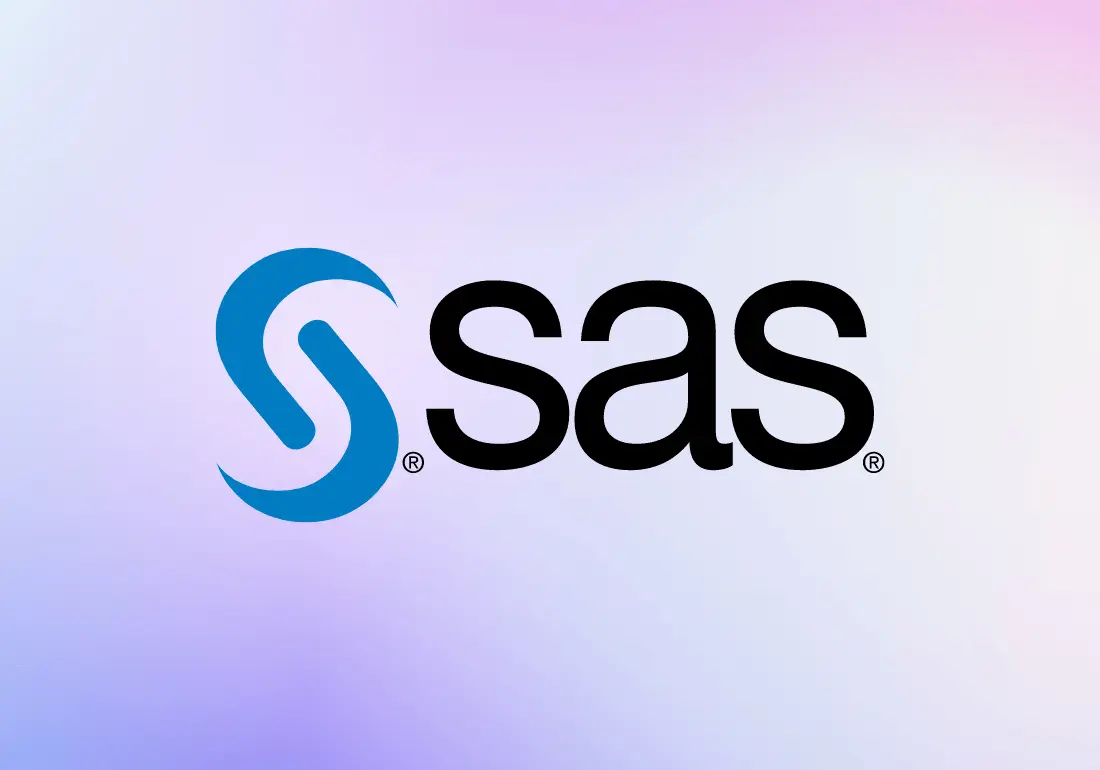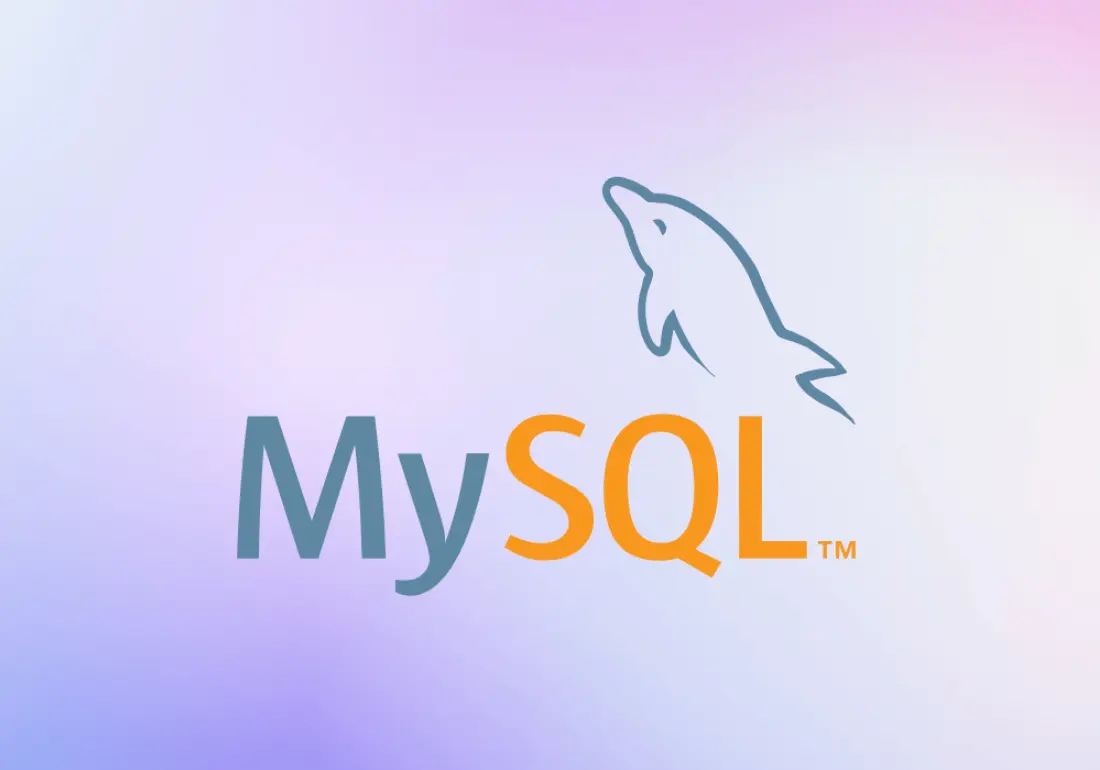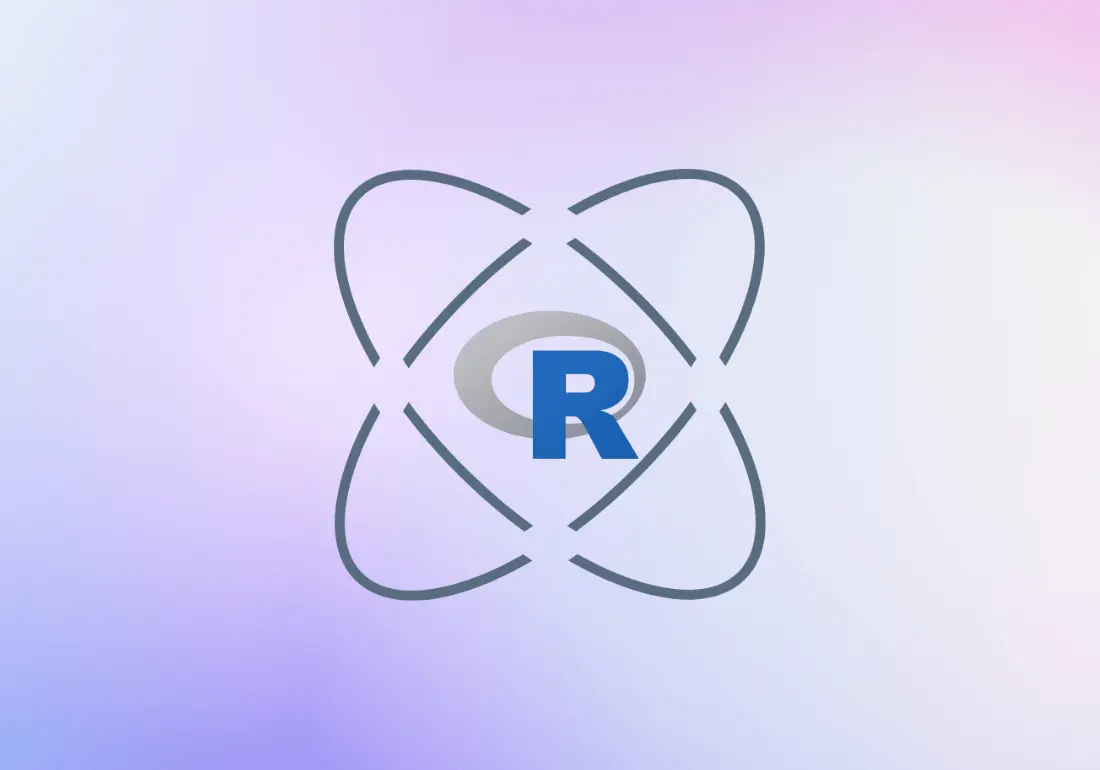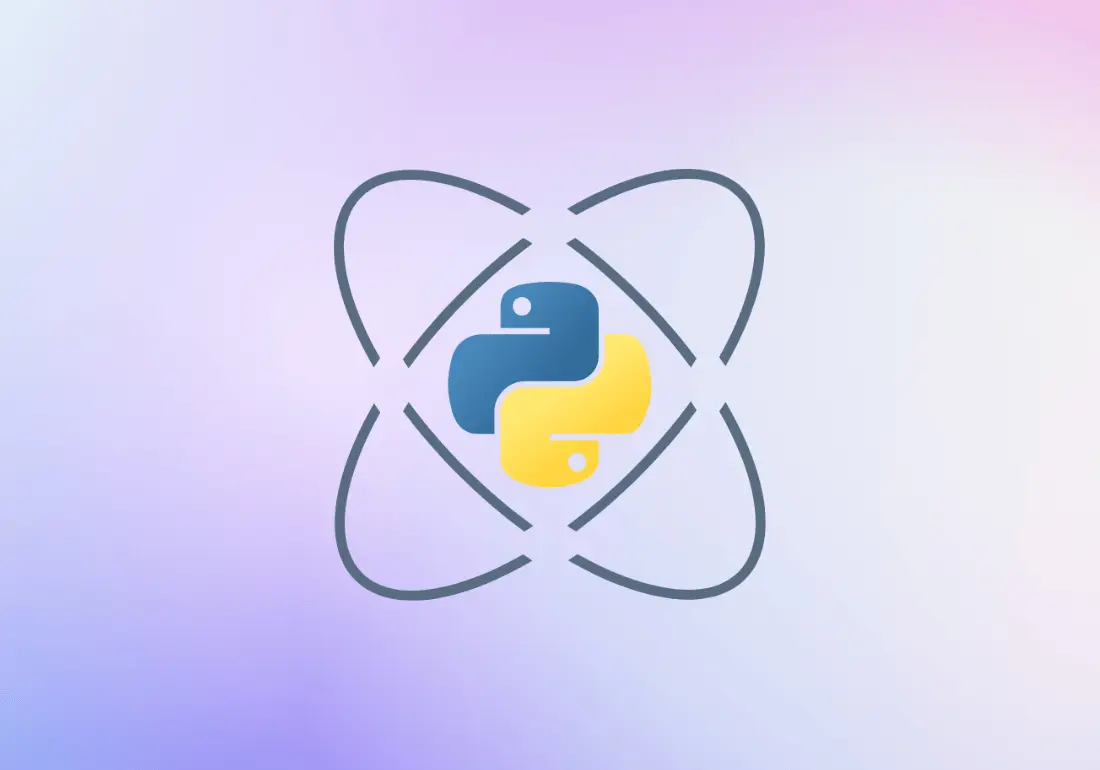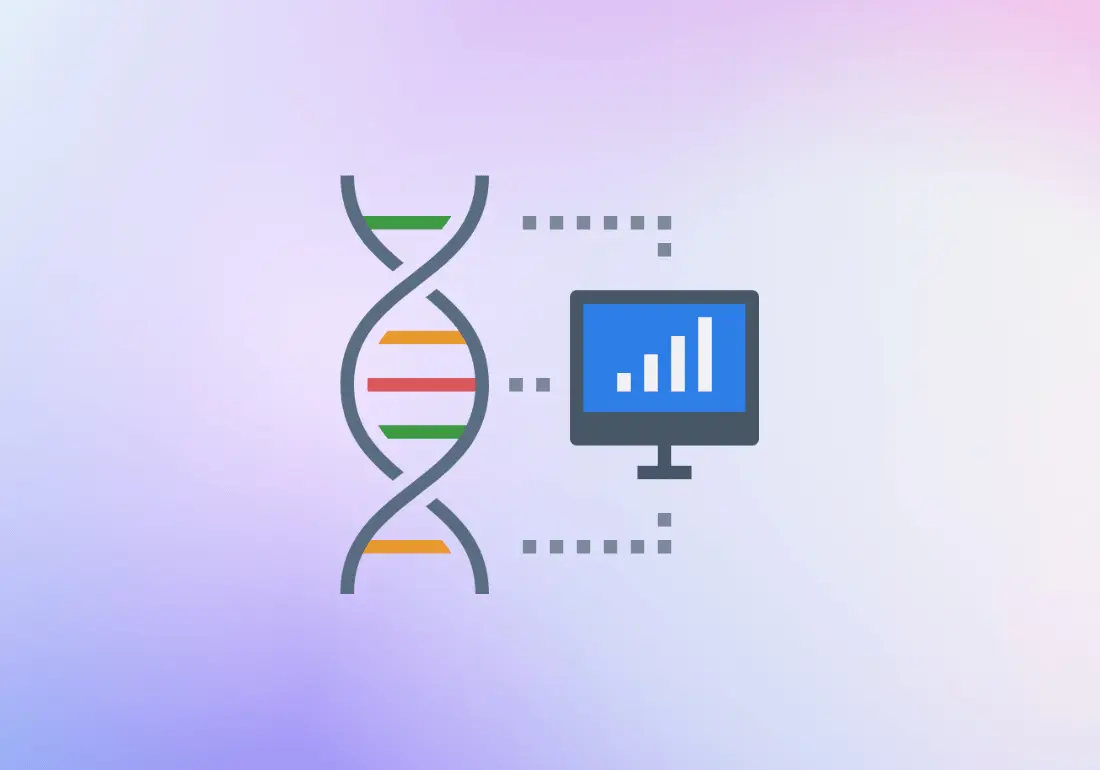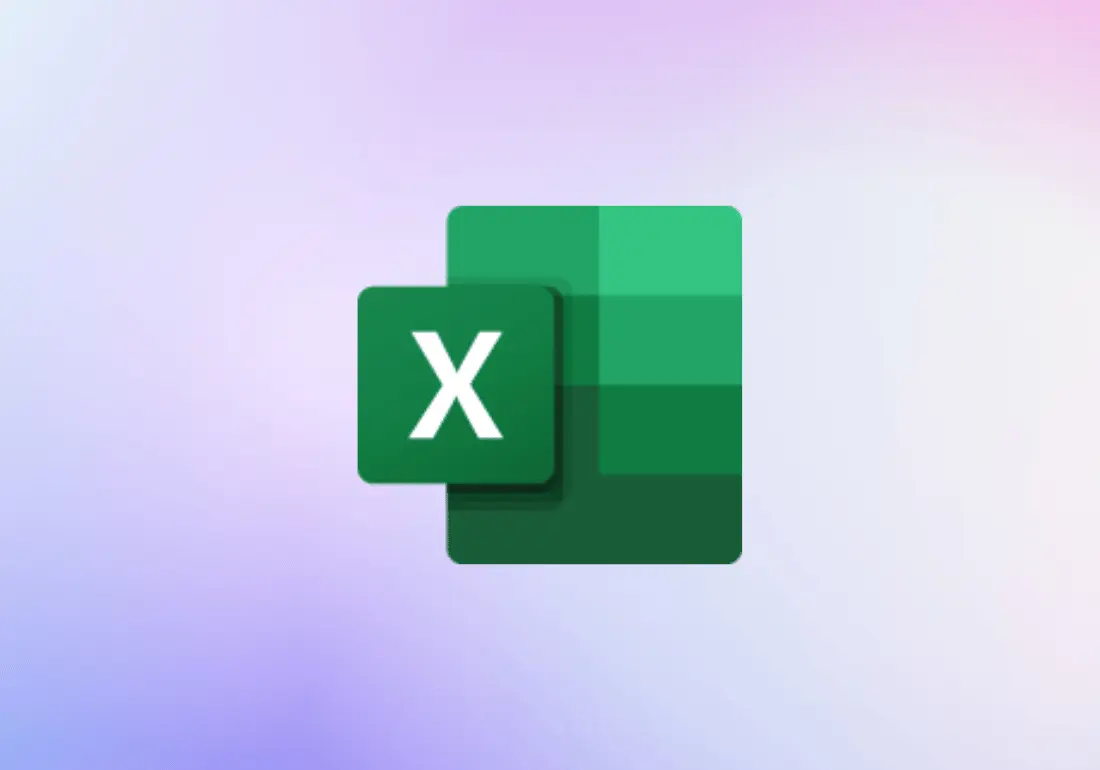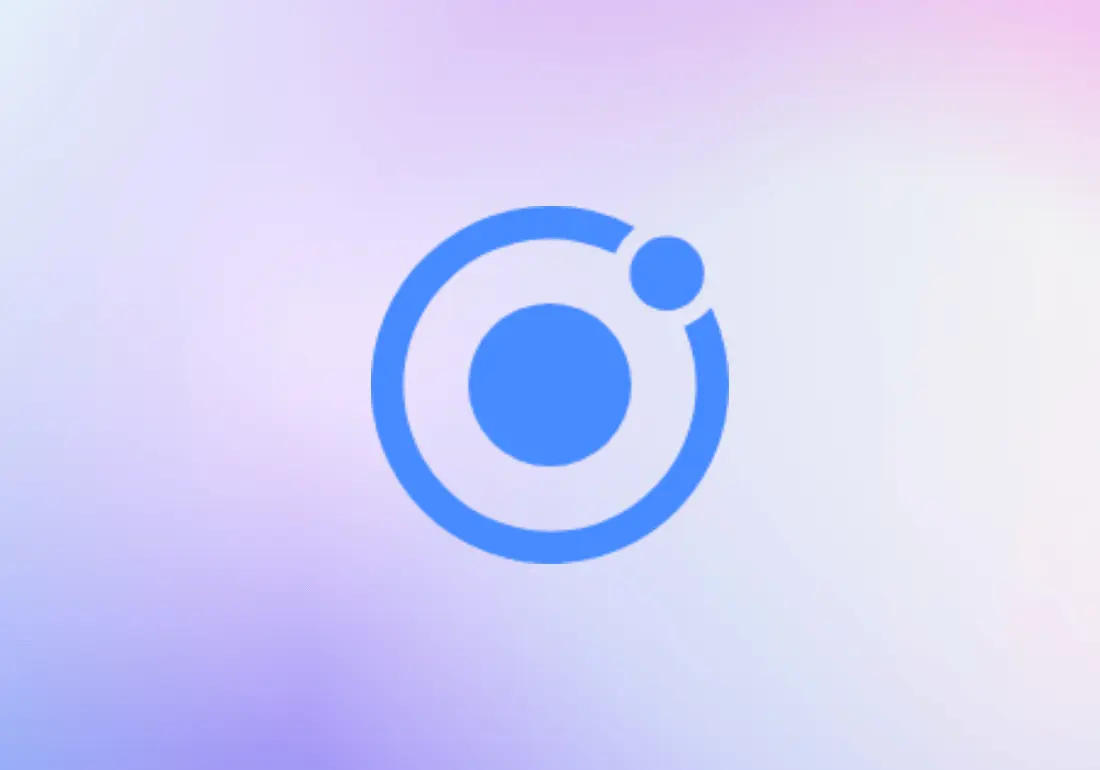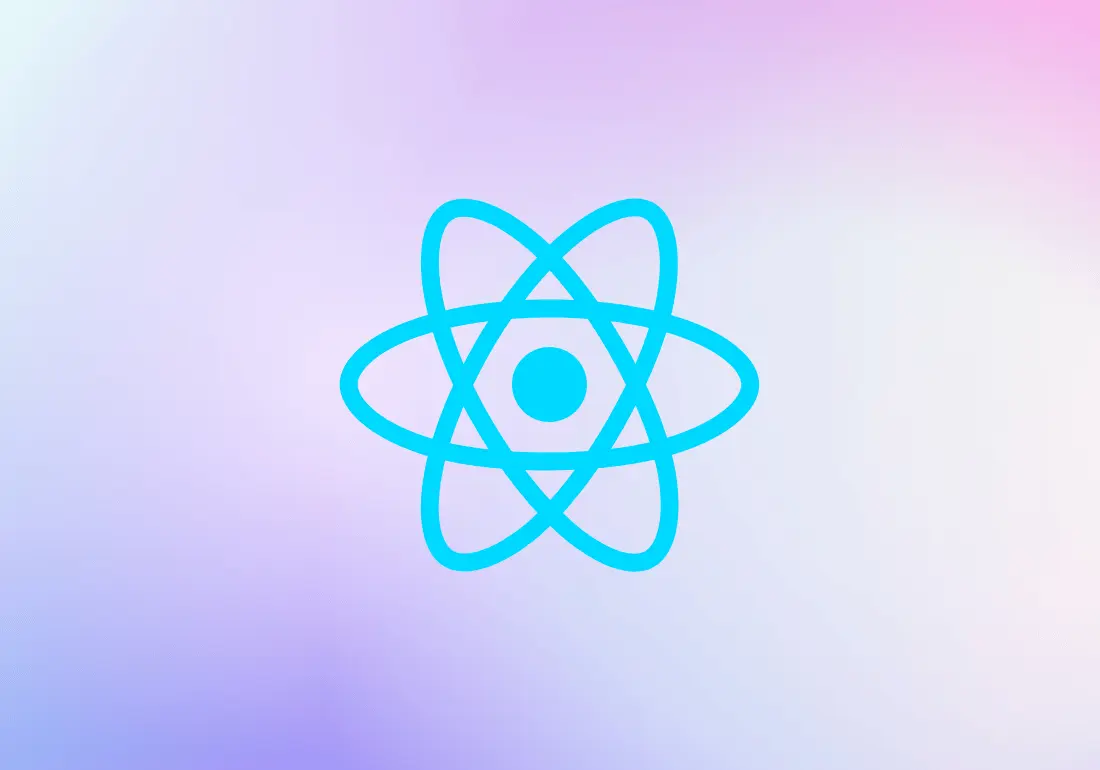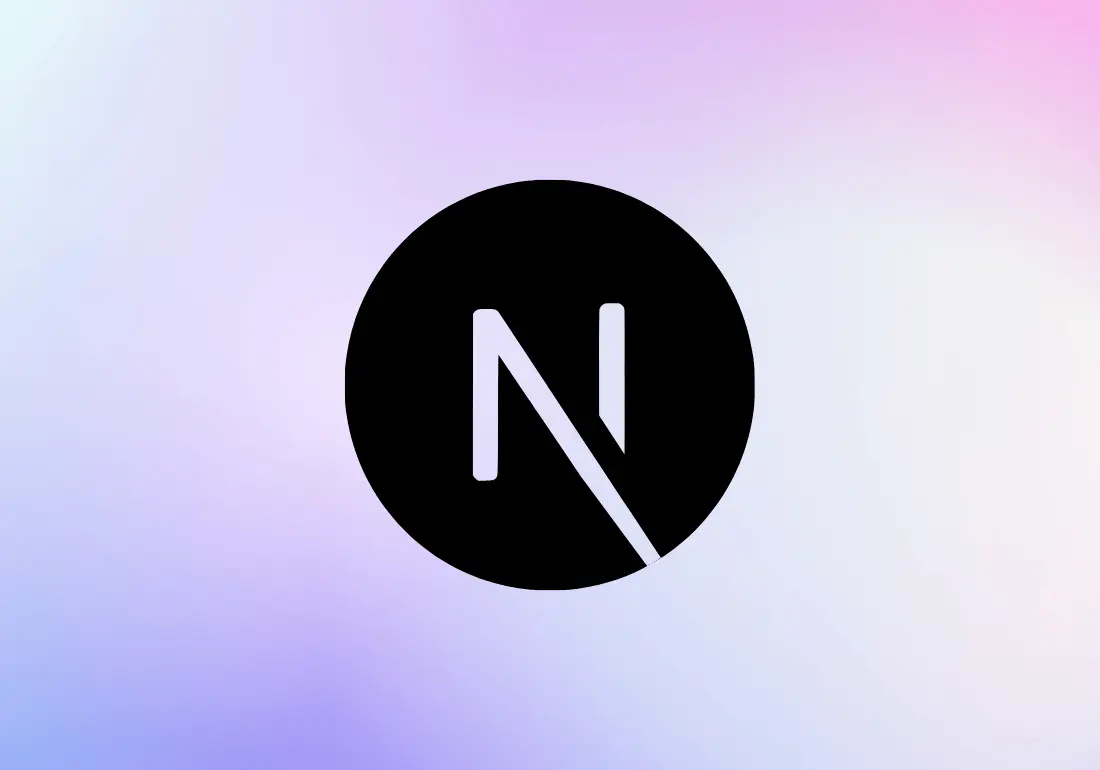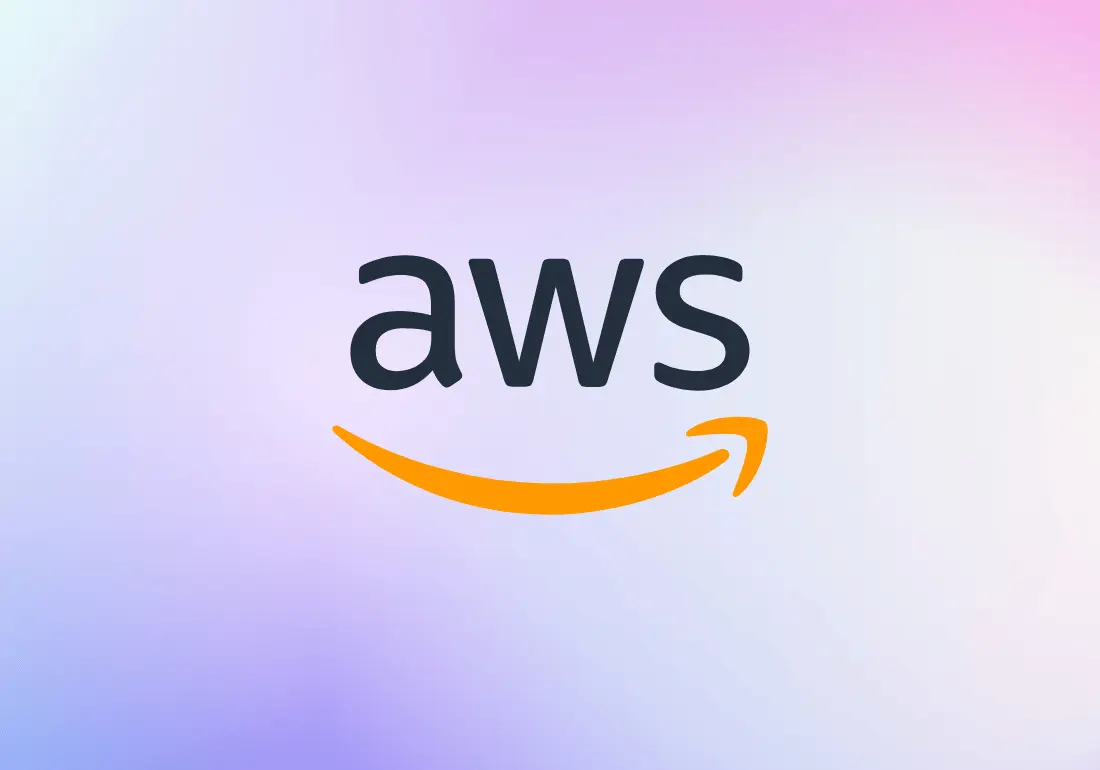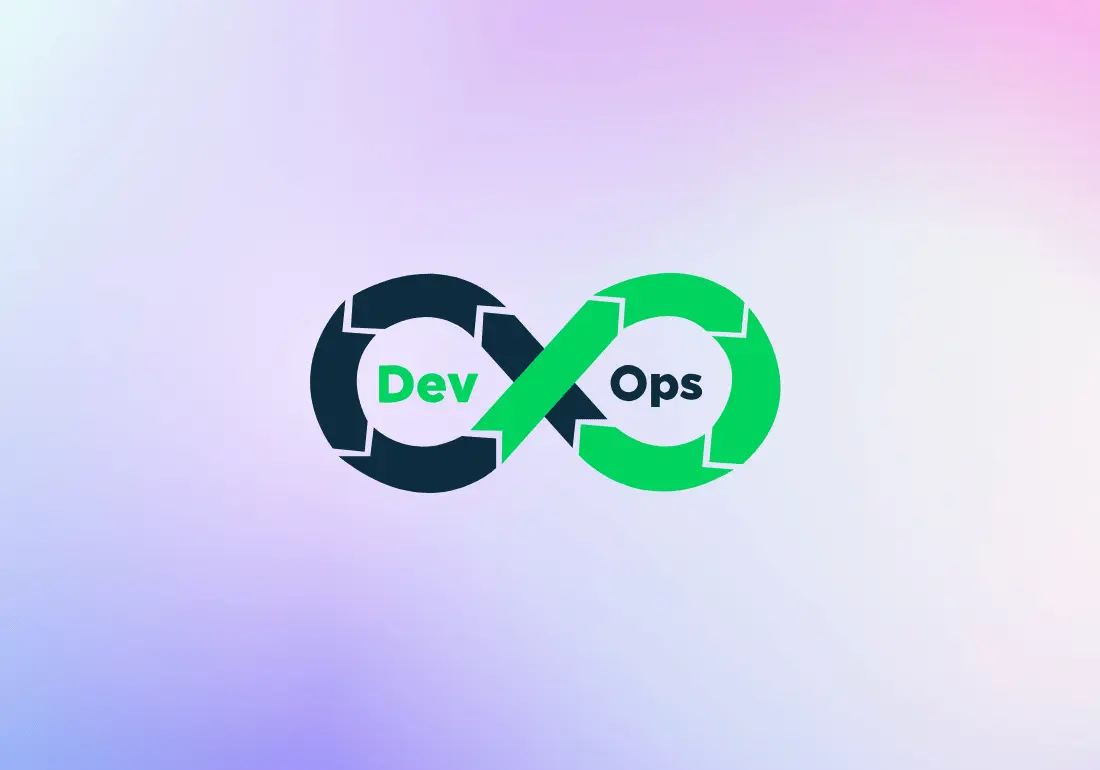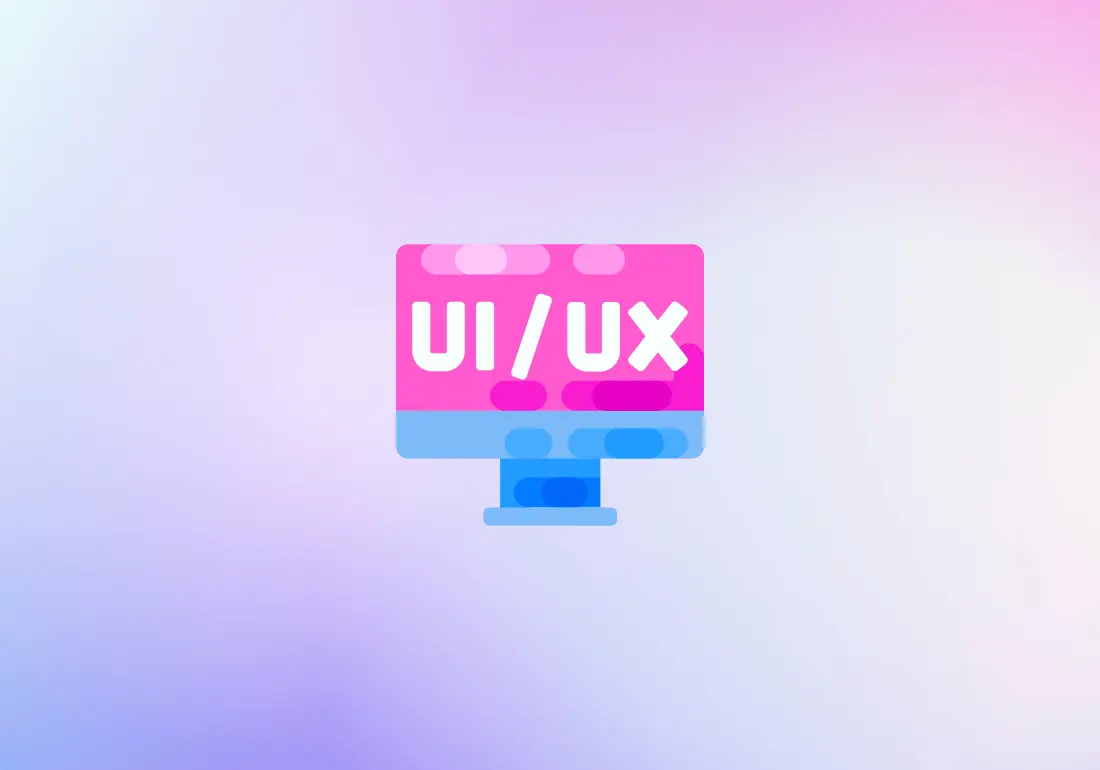Best Angular Training in Chennai
Modules Covered in Angular Training in Chennai: Master fundamental and advanced Angular concepts, including core Angular skills, advanced component development, routing, and state management.

Angular: The Ultimate Framework for Modern Web Development
Angular is a powerful, modern JavaScript framework designed for building dynamic Single Page Applications (SPAs). It simplifies data binding processes in HTML, transforming what was once a cumbersome task into a streamlined, efficient workflow. With Angular, developers can effortlessly bind data, enabling the creation of sophisticated, interactive, and responsive web applications.
The latest version, Angular (currently Angular 15), utilizes TypeScript, a superset of JavaScript that offers greater structure and enhanced capabilities compared to earlier versions. This makes Angular 15 an ideal choice for developing both mobile and desktop applications. Renowned for its speed, performance, and productivity, Angular 15 is a top choice for developers looking to build cutting-edge, customizable web applications.
Previously, front-end development often relied on PHP or other programming languages. However, Angular’s robust features now allow for comprehensive front-end development, significantly reducing the need for traditional back-end languages to only handling REST APIs.
With Angular, you gain access to a powerful tool that supports the creation of complex, user-friendly, and device-optimized web applications, making it a must-have skill for today’s web developers.
Methodology
We at Ampersand Academy, provide the best training for Angular training in Chennai. We have a well-experienced faculty for Angular training. The course curriculum for Angular is very comprehensive and there is no prior knowledge required to learn our Angular Course. Our course delivery methodology, curriculum makes us the best institute for Angular Training in Chennai.
COURSE OVERVIEW
Angular Training at Ampersand Academy
Harness the power of modern web development with our Angular Training in Chennai. Our comprehensive course guides you through Angular's latest version, equipping you with the skills to build robust, scalable, and dynamic web applications. From foundational concepts to advanced features, you’ll learn to create single-page applications (SPAs) with Angular’s powerful tools and frameworks.
Our program covers essential Angular components such as two-way data binding, dependency injection, and routing, all while emphasizing best practices and efficient coding techniques. With a focus on hands-on experience, the training includes practical assignments, real-world projects, and regular assessments to solidify your understanding and enhance your development skills.
Taught by industry experts with extensive experience, our Angular course provides the knowledge and skills you need to excel in frontend development and stay ahead in the ever-evolving tech landscape. Enroll with us at Ampersand Academy to become proficient in Angular and take your web development career to the next level.
Frontend Development using Angular Material Course Curriculum
1. What is Angular?
- Overview of the Angular framework and its history.
- Advantages and use cases of Angular in web development.
- Comparison with other frameworks like React and Vue.
2. Setting Up the Development Environment
- Installing Node.js and Angular CLI.
- Step-by-step installation guide for Windows, macOS, and Linux.
- Setting up Visual Studio Code.
- Installing essential extensions for Angular development.
- Configuring linting and code formatting.
3. Introduction to TypeScript
- Basic syntax and features of TypeScript.
- Types, interfaces, and classes.
- Modules and namespaces.
- TypeScript vs. JavaScript.
- Advantages of using TypeScript in Angular.
4. Angular Architecture
- Angular modules (NgModule).
- Declarations, imports, exports, providers, and bootstrap arrays.
- Components and templates.
- Creating and managing components.
- Component lifecycle hooks.
- Services and dependency injection.
5. Creating Your First Angular Application
- Initial project setup with Angular CLI.
- Understanding the project structure.
- Running the development server and testing the application.
- Debugging Angular applications.
6. Creating Components
- Component creation using Angular CLI.
- Component metadata and decorators.
- Selector, template, and style URLs.
- Inline templates and styles.
- Component lifecycle hooks.
- ngOnInit, ngOnChanges, ngOnDestroy, etc.
7. Component Interaction
- Input and output properties.
- Using @Input() and @Output() decorators.
- Parent-child communication.
- Passing data between parent and child components.
- ViewChild and ContentChild decorators.
8. Built-in Directives
- Structural directives.
- ngIf, ngFor, ngSwitch, ng-template.
- Attribute directives.
- ngClass, ngStyle.
9. Creating Custom Directives
- Building custom attribute directives.
- Building custom structural directives.
- Host listeners and host bindings.
10. Pipes
- Using built-in pipes for data transformation.
- DatePipe, UpperCasePipe, LowerCasePipe, CurrencyPipe, etc.
- Creating custom pipes.
- Implementing the PipeTransform interface.
11. Understanding Services
- Creating services using Angular CLI.
- Singleton services and their importance.
12. Dependency Injection (DI)
- Concept and benefits of DI.
- Configuring providers.
- Using providedIn in service decorators.
- Providing services at component and module levels.
13. Using HTTP Client Module
- Setting up and using the HTTP client module.
- Making HTTP requests (GET, POST, PUT, DELETE).
- Handling responses and errors.
14. Setting Up Angular Router
- Configuring routes and navigation.
- Creating a navigation menu.
- Lazy loading modules for performance optimization.
- Route parameters and query parameters.
- Extracting parameters using ActivatedRoute.
- Handling optional parameters and defaults.
15. Route Guards
- Implementing route guards for authentication and authorization.
- CanActivate, CanDeactivate, Resolve, CanLoad.
- Protecting routes with guards.
16. Router Events
- Handling router events for custom logic.
- Listening to route events.
- Performing actions on route changes.
17. Template-Driven Forms
- Creating forms using Angular directives.
- Form control elements and their properties.
- Form validation and error handling.
- Built-in validators and custom validators.
- Form submission and handling.
18. Reactive Forms
- Building forms with FormGroup, FormControl, and FormBuilder.
- Dynamic form controls.
- Advanced form validation techniques.
- Cross-field validation.
- Async validators.
19. HTTP Client Module
- Setting up the HTTP client module in Angular.
- Making HTTP requests (GET, POST, PUT, DELETE).
- Handling responses and errors.
- Using HTTP interceptors.
20. Consuming RESTful APIs
- Handling data from external APIs.
- Parsing and transforming response data.
- Error handling and retry logic.
- Creating a service to manage API calls.
21. Introduction to State Management
- Importance of state management in large applications.
- Basic state management with Angular services.
22. Using NgRx for State Management
- Setting up NgRx in Angular.
- Actions, reducers, and effects.
- Selectors and feature states.
- Best practices for managing state with NgRx.
23. Performance Optimization
- Techniques for improving Angular application performance.
- Change detection strategies.
- OnPush change detection.
- Code splitting and lazy loading.
- Analyzing and optimizing bundle size.
24. Build and Deployment
- Building the Angular application for production.
- Optimizing the build process.
- Deploying to various platforms (Firebase, AWS, Heroku).
- Configuring environment variables.
25. Continuous Integration (CI) and Continuous Deployment (CD)
- Setting up CI/CD pipelines for Angular projects.
- Integrating with GitHub Actions, Travis CI, Jenkins, etc.
26. Hands-On Projects
- Building a comprehensive Angular application.
- Applying learned concepts to solve real-world problems.
- Project planning and architecture.
- Implementing advanced features.
- Authentication and authorization.
- Role-based access control.
- Integration with third-party services.
Course Duration and Planning
Our Angular Training course extends over 35 hours of in-depth, trainer-led instruction. The program is meticulously designed to encompass all aspects of Angular, from foundational principles to advanced features such as reactive programming and component architecture. We offer flexible learning options to accommodate your schedule, with both classroom and online sessions available. Training will proceed until the entire syllabus is thoroughly covered, ensuring you achieve complete proficiency in Angular. The table below details our approach to delivering this extensive training program.

Who Is this course for?
Skills you can add to your CV:
Scope of Angular
Angular is a widely used framework for building dynamic web applications, favored by organizations for its robust capabilities in developing scalable and high-performance apps.
Prerequisites to Join Angular Course
Various roles for Angular professionals include
Placement Stats
Maximum Salary Hike
Average Salary Hike
Our Alumni In Top Companies
Career Assistance We Offer
We provide comprehensive career support to help you advance in your Angular career. Our tailored services are designed to ensure you're fully prepared to excel in your field, including:
Trusted and Recommended: 4.9 Stars Everywhere You Look
Ampersand Academy has consistently received 4.9-star ratings on Google, Facebook, UrbanPro, Sulekha, and Just Dial, reflecting our commitment to providing exceptional education and support.
Comprehensive and Well-Structured
Insightful and Engaging
Perfect for Aspiring Developers
FAQs
What is Angular, and why should I learn it?
Angular is a popular JavaScript framework used for building dynamic, single-page web applications. Learning Angular is beneficial for anyone looking to advance in web development, as it is widely used by companies for developing scalable and maintainable applications.
Who is eligible to take this Angular course?
This course is ideal for web developers, software engineers, IT professionals, and anyone interested in learning modern front-end development techniques. Basic knowledge of HTML, CSS, and JavaScript is recommended.
What are the prerequisites for this course?
A fundamental understanding of HTML, CSS, and JavaScript is recommended. However, our course includes a brief refresher on these topics to ensure all students are on the same page.
What will I learn in this Angular training?
You will learn everything from the basics of Angular, such as components and data binding, to advanced topics like services, dependency injection, routing, forms, and state management using RxJS.
How is this course delivered?
The course is available in multiple formats, including online, classroom, and hybrid models. You can choose the one that best fits your schedule and learning preferences.
How long is the Angular training course?
The course typically spans over 35 hours, including theory sessions, practical assignments, and hands-on projects to ensure comprehensive learning.
Will I receive a certificate upon completion?
Yes, upon successfully completing the course, you will receive a certificate from Ampersand Academy, validating your skills in Angular development.
Do you provide project assistance?
Absolutely! We offer project assistance to help you apply the skills you’ve learned in real-world scenarios, ensuring you’re ready for professional challenges.
Is there any job assistance provided?
Yes, we offer career support, including job assistance through our HR connections and alumni network, resume building, and mock interviews to prepare you for job opportunities.
Can I attend a demo session before enrolling?
Yes, we provide a free demo session to give you an overview of the course structure, teaching methods, and what you can expect from the training.

